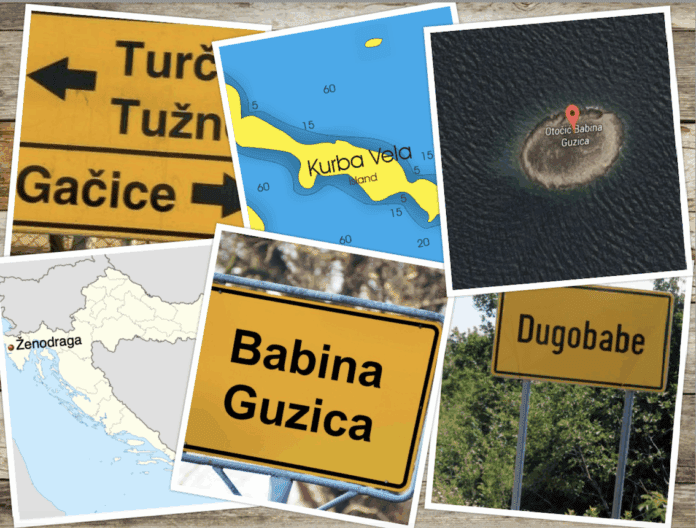Whilst tourists struggle with pronouncing Krk and Crikvenica, we Croatians have problems of an entirely different sort – explaining to foreigners why we live in places that sound as if they were invented by someone with a very particular sense of humour.
When women are in charge…
Although Istria boasts many villages with unusual names, such as Kukci (Beetles), Kovači (Blacksmiths), Bačva (Barrel), Podgaće (Under the Pants), and similar ones, one village surprises even the locals themselves with its name. Ženodraga (Dear Woman). The village is six kilometres from Višnjan and 13 kilometres from Poreč. How this village acquired its name remains uncertain to this day.
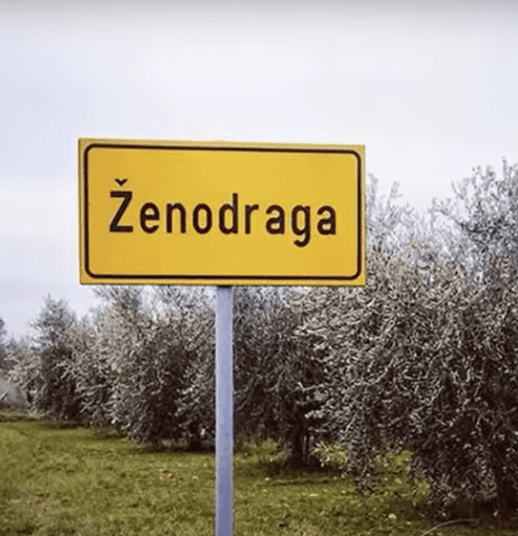
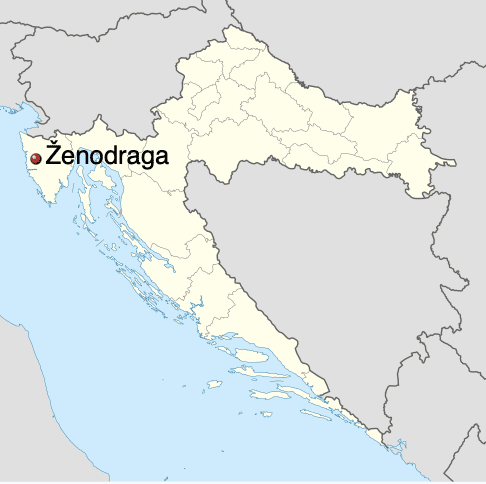
Clothing through the centuries
Gaćice (Little Pants) and Grudnjak (Brassière) – two villages that sound as though they emerged after some medieval tailor had a creative crisis. The residents of Gaćice have grown accustomed over the years to questions such as “Is there an underwear shop there?” Unfortunately, there isn’t – just beautiful nature and people who have learnt to live with the fact that their address sounds like a Victoria’s Secret catalogue. These places are located in the municipality of Zdenci and within the city of Ivanec. If legend is to be believed, during their conquests the Turks reached this small place as well, but the brave inhabitants managed to drive them away. Fleeing from this place, the Turks carried their pants on sticks.
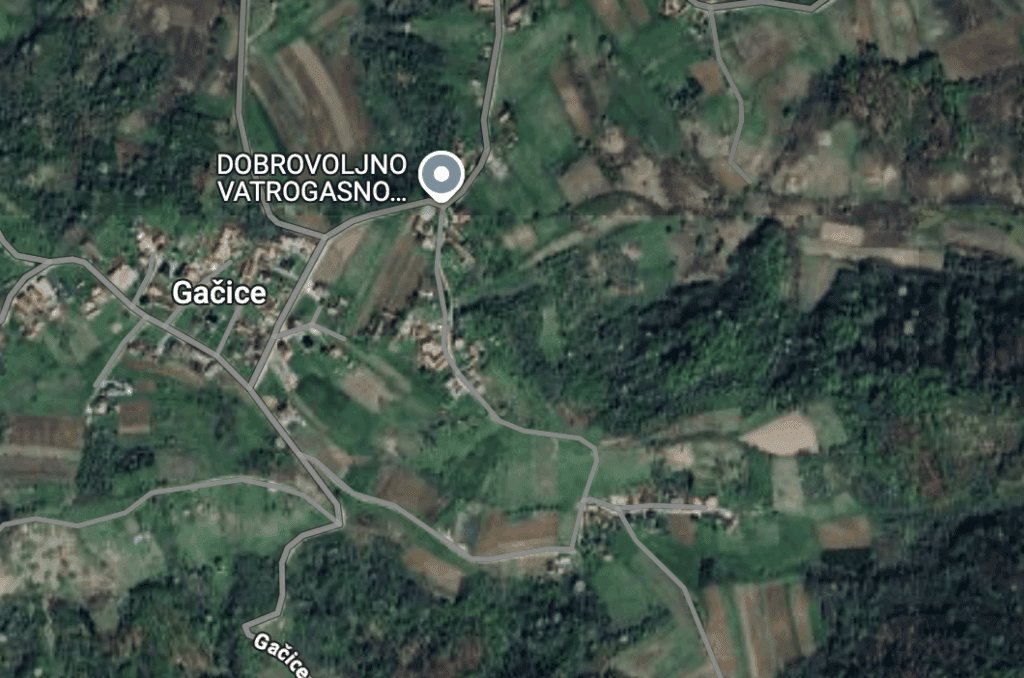
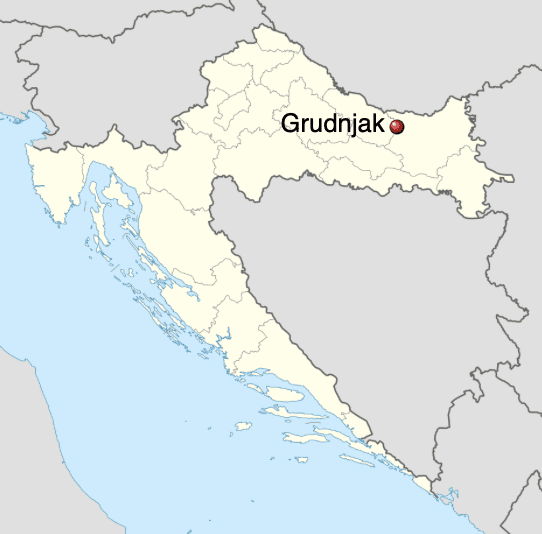
A culinary experience?
If you don’t fancy underwear as inspiration for place names, perhaps you’d rather visit Kajgana (Scrambled Eggs)? This tiny place is located several kilometres from Garešnica, but within the city itself. It didn’t get its name from the egg dish. One assumption is that the village got its name from the stream that flows towards Garešnički Bestovec through the kajgana fields.
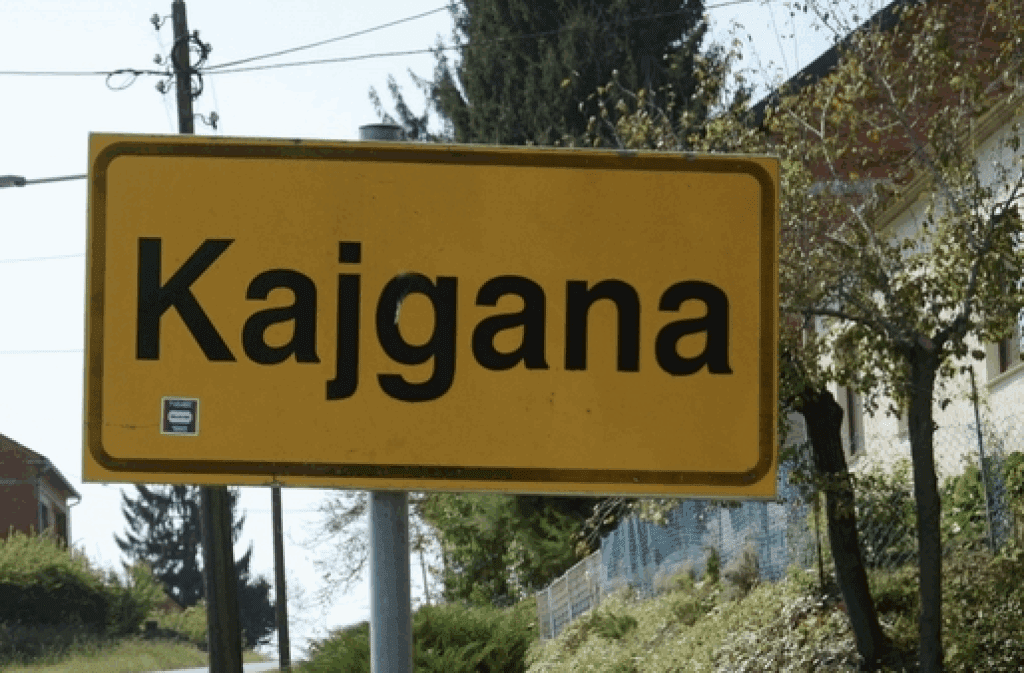
Anatomical geography
Babina Guzica (Granny’s Bottom) is an uninhabited islet within Kornati National Park, about 1.5 km east of Smokvica Vela. Perhaps it’s just as well that nobody lives there, because imagine having to tell someone you live in Babina Guzica – it would only be amusing for those who ask where you live. The name was allegedly derived from – granny’s bottom – probably as some sort of playful joke.
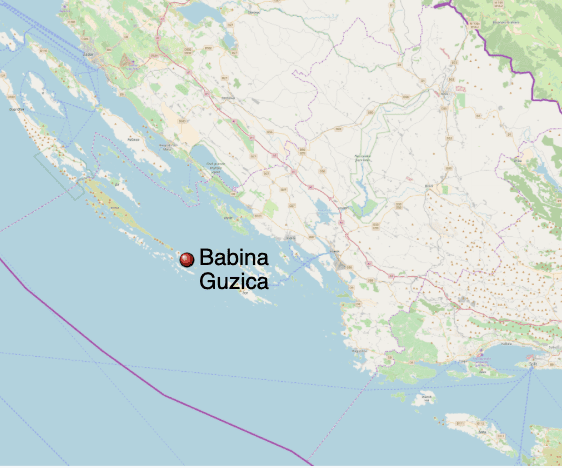
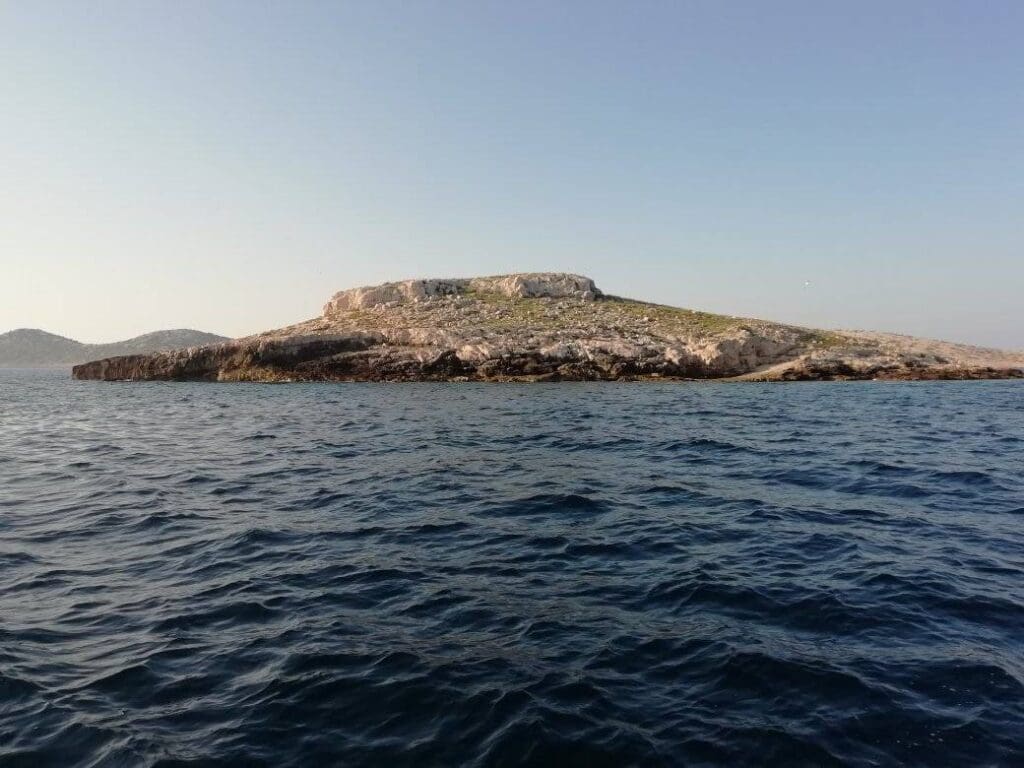
Emotional spectrum
Croatian geography covers the entire spectrum of human emotions.
You have Tužno (Sad) – part of Vidovec municipality in Varaždin County, first mentioned in the 14th century, though it’s still unclear how it acquired its name. According to a legend that circulates in the village, the Turks stormed into that area in the 16th century and slaughtered everything alive, so even the stream that flowed through the village turned red with blood. Great sadness prevailed, so the village was given the name Tužno. However, historical records indicate it was called this even before the Turkish invasion.
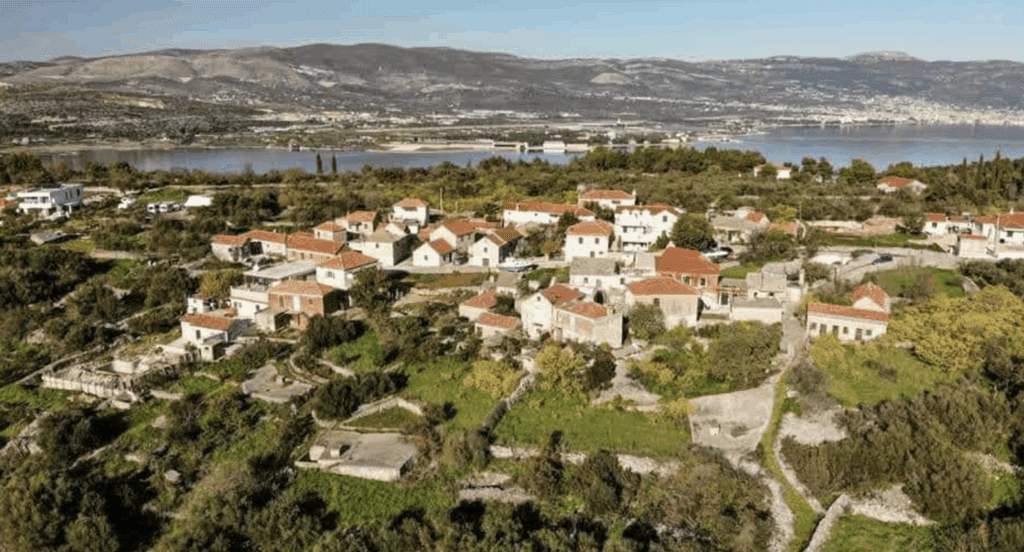
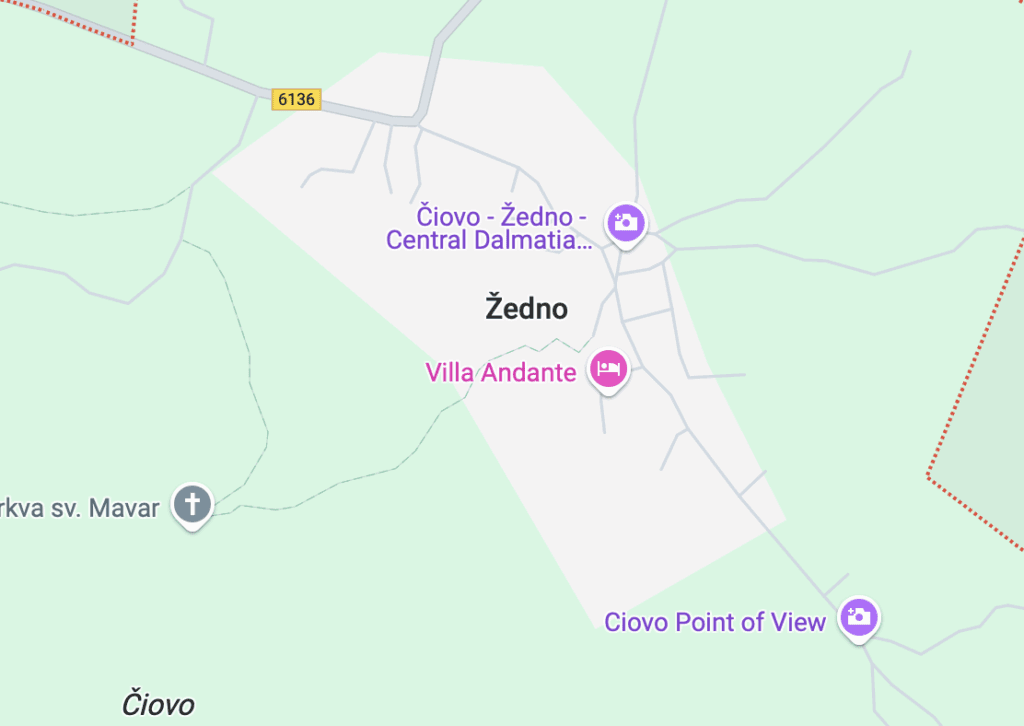
There’s also Žedno (Thirsty) – a settlement within the city of Trogir, on the island of Čiovo, Split-Dalmatia County;
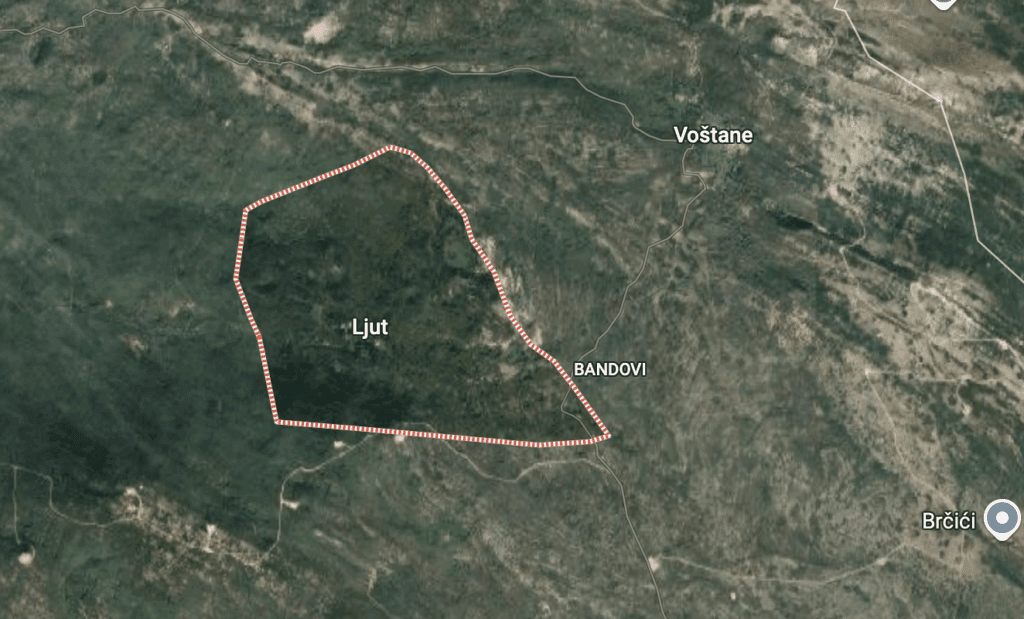
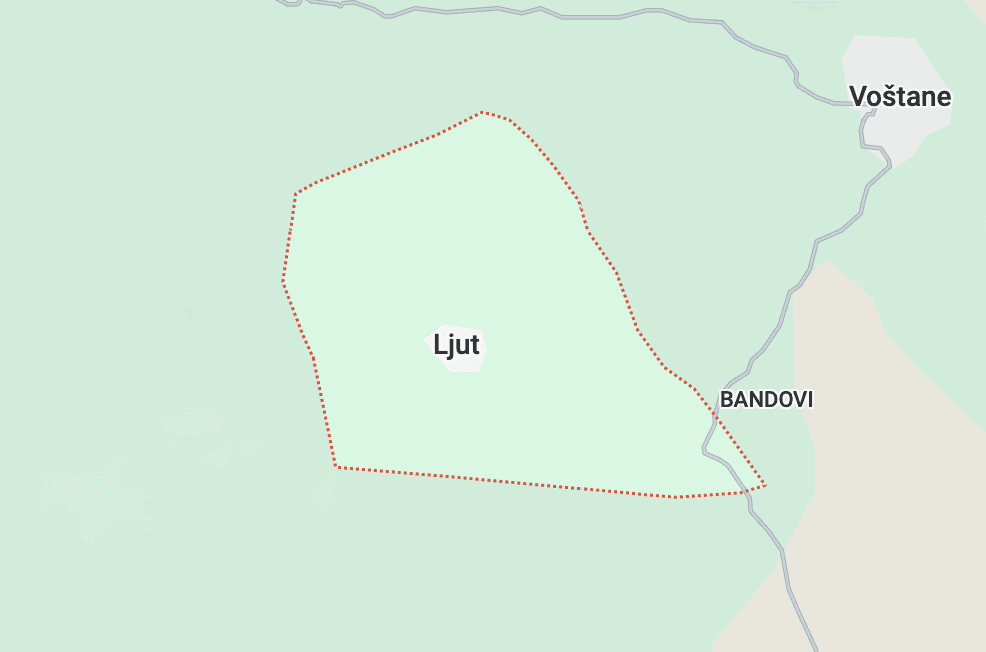
and even Ljut (Angry) – a settlement (village) located about ten kilometres northeast of the town of Trilj, near the Croatian border with Bosnia and Herzegovina.
Some names just don’t survive translation… Špičkovina, we’re looking at you!
Špičkovina is a railway stop in Krapina-Zagorje County – To the untrained ear, it might sound charming or exotic. But to Croatian speakers… let’s just say it raises some eyebrows (and a few laughs).
The reason?
The root of the word “Špičkovina” sounds very similar to a derogatory slang term for female genitalia in Croatian – a word that starts with “pičk-“. By adding the prefix “Š-” and the suffix “-ovina”, it becomes an official-sounding place name, but the humour isn’t lost on locals or native speakers. It’s like naming a town “Vaginaville” or “Ladybitsburg” – technically possible, but… eyebrow-raising.
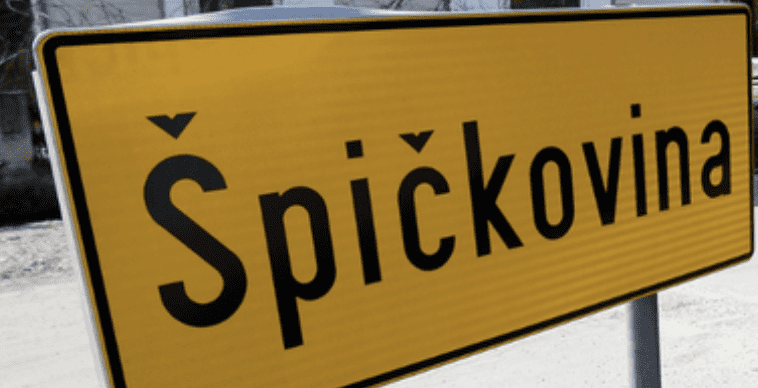
We’ll mention a few more: Babine Kuće (Granny’s Houses), Brnjica (Little Mud), Crni Dabar (Black Beaver), Čepić (Little Cap), Ćelija (Cell), Debelo Brdo (Fat Hill), Goveđe Polje (Cattle Field), Jazbina (Badger’s Den), Kurba Vela (Big Whore), Podgaće (Under the Pants), Police (Shelves), Prduša Mala (Little Farter), Prduša Vela (Big Farter), Žena Glava (Woman’s Head), and many others.
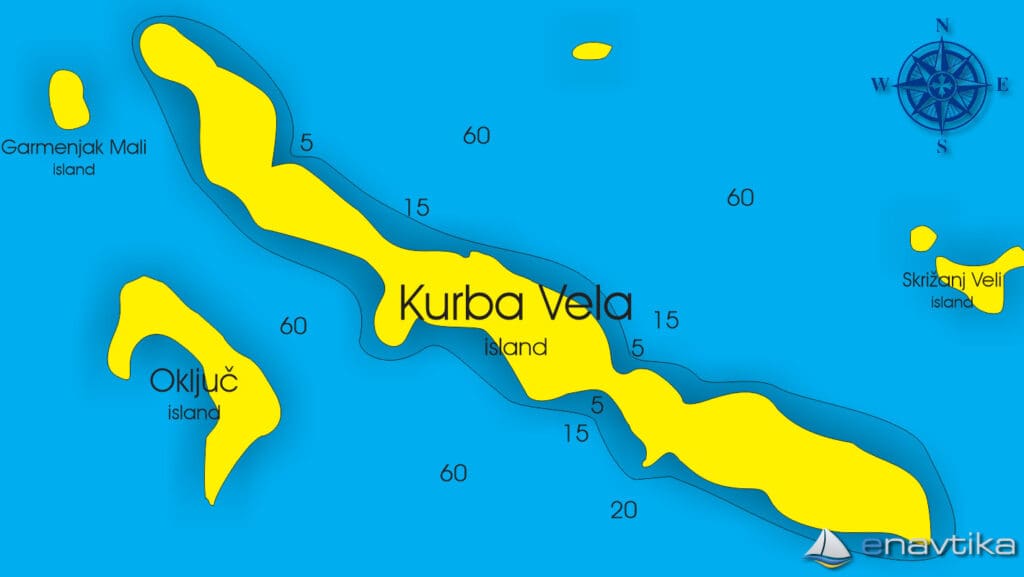
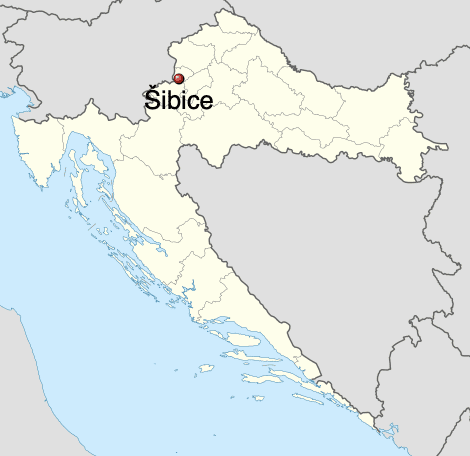
These names bear witness to the rich history of our language and the way our ancestors described the world around them. They may sound amusing to the modern ear, but each one conceals a story – about geographical features, historical events, or simply about someone having a very creative nature.
If you’re planning to visit any of these places, prepare yourself for plenty of laughter and even more explaining.

